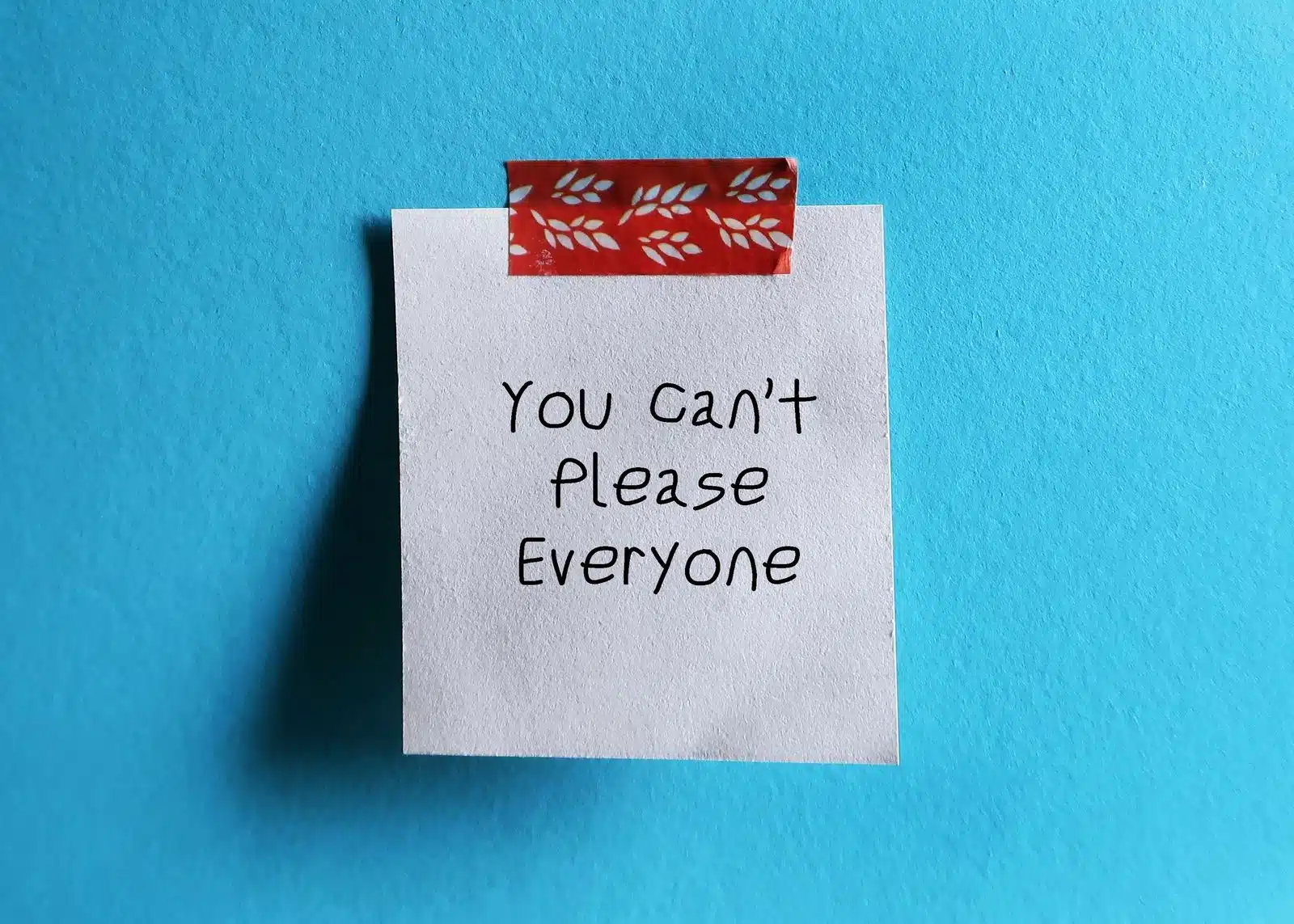Breaking Free from People-Pleasing: A Guide to Authentic Living
Do you find yourself constantly saying “yes” when you really want to say “no”? Does the fear of disappointing others control your actions? If so, you might be trapped in the cycle of people-pleasing. In this blog, we’ll explore how to break free from this pattern, identify signs of people-pleasing, and discover resources for cultivating authentic living.
The People-Pleasing Cycle
People-pleasing often stems from a deep desire for external validation. It involves putting others’ needs and desires above your own, even at the expense of your well-being. The cycle typically includes:
Excessive Agreeability: Always saying “yes” to avoid conflict or disapproval.
Ignoring Personal Needs: Neglecting your own needs and desires to meet others’ expectations.
Fear of Rejection: Worrying that setting boundaries will lead to rejection or abandonment.
Over-Apologizing: Constantly apologizing, even when not at fault, to maintain harmony.
Signs of People-Pleasing
Recognizing people-pleasing tendencies is the first step toward breaking free. Here are some signs to watch for:
Difficulty Saying “No”: Feeling compelled to agree, even when it inconveniences you.
Avoiding Conflict at All Costs: Going to great lengths to avoid disagreements or confrontations.
Neglecting Personal Goals: Putting others’ goals above your own aspirations.
Constant Need for Approval: Seeking validation and approval to feel a sense of self-worth.
Ignoring Inner Discomfort: Disregarding your own discomfort to prioritize others’ comfort.
The Harmful Impact of People-Pleasing
People-pleasing may seem harmless, but it can have detrimental effects on your mental health and relationships:
Resentment Builds: Suppressing your true feelings can lead to resentment over time.
Burnout: Constantly prioritizing others can result in exhaustion and burnout.
Loss of Authenticity: Suppressing your true self hinders personal growth and authenticity.
Strained Relationships: Others may take advantage of your accommodating nature, leading to imbalanced relationships.
Breaking Free: Strategies for Authentic Living
- Self-Reflection:
Take time to reflect on your actions and motivations.
Identify instances where you felt pressured to please others.
- Set Boundaries:
Learn to say “no” when necessary without guilt.
Establish clear boundaries to protect your well-being.
- Prioritize Self-Care:
Dedicate time to activities that bring you joy and relaxation.
Practice self-compassion and prioritize your mental health.
- Seek Support:
Share your journey with trusted friends or a mental health professional.
Join support groups or communities focused on personal growth.
- Cultivate Assertiveness:
Practice assertive communication to express your needs respectfully.
Acknowledge that it’s okay to prioritize your well-being.
Resources for Authentic Living
Books:
“The Disease to Please” by Harriet B. Braiker
“Boundaries: When to Say Yes, How to Say No to Take Control of Your Life” by Dr. Henry Cloud and Dr. John Townsend
Therapy and Counseling:
Consider therapy to delve deeper into the root causes of people-pleasing. Find therapists specializing in assertiveness training and self-esteem at Redeemed Life Counseling or at a counseling center near you.
Breaking free from the cycle of people-pleasing is a transformative journey toward living authentically. By prioritizing your needs and setting boundaries, you can cultivate healthier relationships and a more fulfilling life. Remember, your authenticity is a gift to yourself and those around you.

